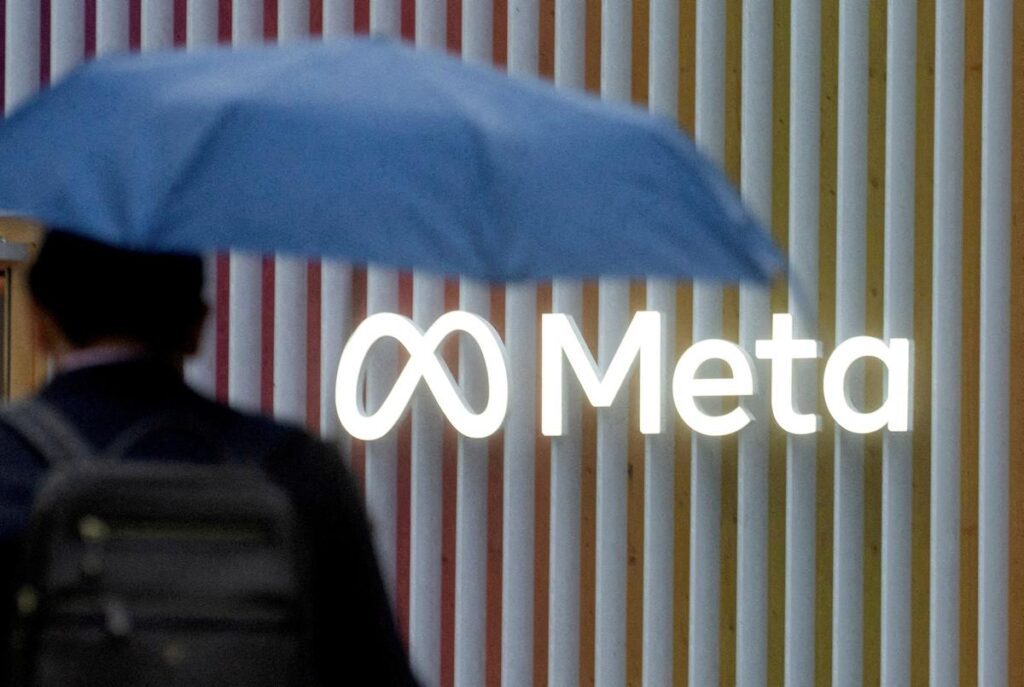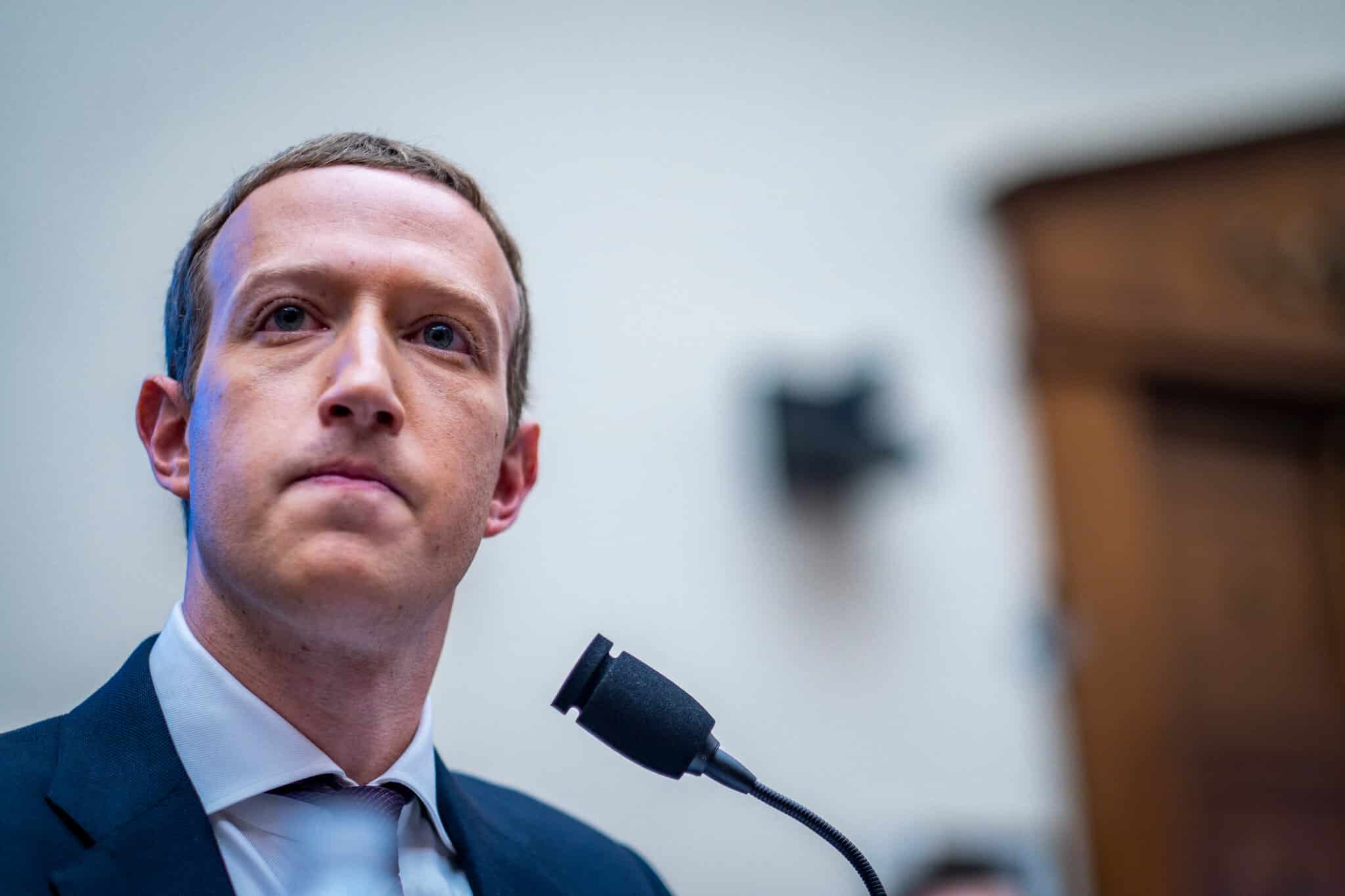Mark Zuckerberg, CEO of Meta, claims the firm has become overcrowded and ineffective as a result of its efforts during the epidemic. Zuckerberg said in a memo to staff that he made a mistake by overinvesting in e-commerce just before the global economy collapsed and consumers flocked online. The layoffs announced recently will affect around 13 percent of the company’s workforce.
After the epidemic was over, Meta hired over 42,340 additional people in anticipation of the continued growth of e-commerce. In contrast, despite TikTok’s competitiveness and the effect of Apple’s privacy-focused monitoring privileges, its stock price continues to decline, and its annual growth stays flat.
According To META CEO
“Unfortunately, this did not play out the way I expected,” Zuckerberg said. “Not only has online commerce returned to prior trends but the macroeconomic downturn, increased competition, and ads signal loss have caused our revenue to be much lower than expected. I got this wrong, and I take responsibility for that.”
The situation “did not turn out the way I anticipated,” Zuckerberg said. “Not only has internet purchases reverted to former patterns, but the financial slump, greater competition, and advertisements signal loss have forced our income to be substantially lower than projected. I acknowledge that I am in the wrong and apologize for the error.
Zuckerberg, who skipped college to become the youngest self-made millionaire in history, says, “There is no decent way to handle a layoff.” While layoffs are being implemented company-wide at Meta, hiring is expected to take the biggest hit in 2023. Additionally, the company said it will maintain its recruitment embargo through the conclusion of the first quarter of 2023.
“I view layoffs as a last resort, so we decided to rein in other sources of cost before letting teammates go,” Zuckerberg’s Wednesday letter said. “Overall, this will add up to a meaningful cultural shift in how we operate.”
Having recently spent money on AR and VR development, Meta plans to implement more savings measures in the near future.



